For All Humankind (2023)
장르 : 다큐멘터리
상영시간 : 1시간 25분
연출 : Laurens Grant
시놉시스
Discover the story of humanity and space exploration as witnessed in the interrelated events of 1968 and 2020.
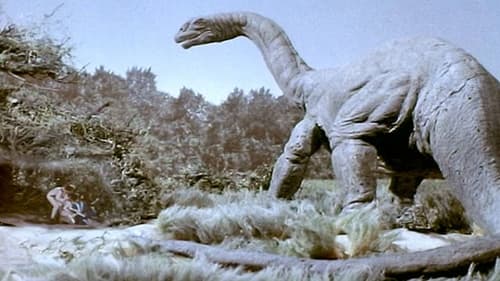
A spaceship gets lost and is forced to make an emergency landing on an unknown planet. The planet looks much like Earth, only with no trace of civilization. Soon the crew discovers that there are bloodthirsty dinosaurs on the planet. The crew hopes to be found and rescued, but until then, they must fight to survive.
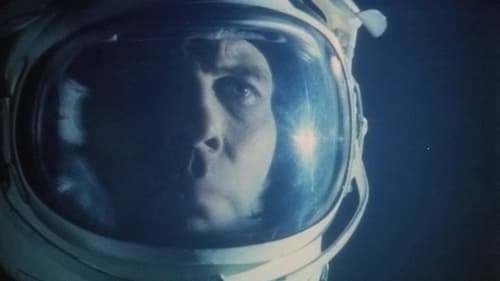
After a strange incident, a group of russian space commandos starts developing supernatural powers. But how did they acquire such abilities and what is their intentions?
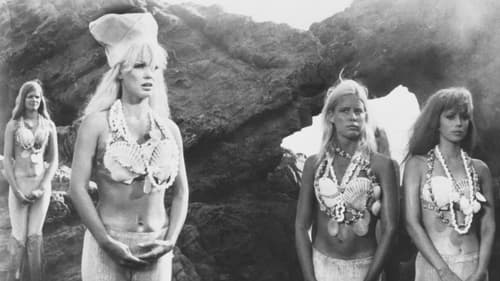
A groups of astronauts crash-land on Venus and find themselves on the wrong side of a group of Venusian women when they kill a monster that is worshipped by them.
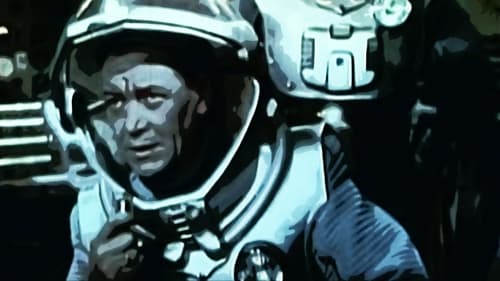
In 2020, after the colonization of the moon, the spaceships Vega, Sirius and Capella are launched from Lunar Station 7. They are to explore Venus under the command of Professor Hartman, but an asteroid collides and explodes Capella. The leader ship Vega stays orbiting and sends the astronauts Kern and Sherman with the robot John to the surface of Venus, but they have problems with communication with Dr. Marsha Evans in Vega. The Sirius lands in Venus and Commander Brendan Lockhart, Andre Ferneau and Hans Walter explore the planet and are attacked by prehistoric animals. They use a vehicle to seek Kern and Sherman while collecting samples from the planet. Meanwhile John helps the two cosmonauts to survive in the hostile land.

In the distant future, the post-nuclear holocaust Earth is divided into two rival superpowers, North Hemis and South Hemis. Both empires are engaged in competitive race to reach Mars. When a badly under-equipped rocket malfunctions and begins drifting toward the sun, its helpless crew is rescued by the rival mission team. The combined crew continue the flight to mars, when colossal monsters lies in wait on the Martian moons!
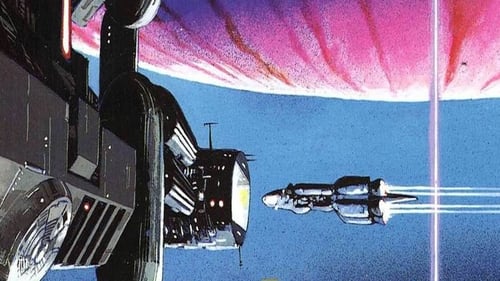
In the year 2058, mankind is about to take its first leap into the distant reaches of space. Using the resources at the tail end of a comet, massive spaceships will be sent to the corners of the universe in an attempt to colonize other worlds, but due to the length of time it will take to arrive at even the closest solar system, the comets must be destroyed in-flight, resulting in super-fast speeds that will kill any life onboard; only frozen sperm and eggs, and machines will survive the journey. Carrying the unborn children of the Robinsons, the first of these ships must now set forth to Ozma; and with its precious cargo is coupled the hopes and fears of all humanity.
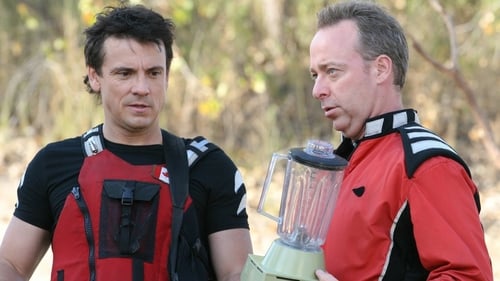
The crew aboard the Romano Fafard spaceship continues their mission. Captain Patenaude and his acolytes land on planet: Crème hydratante pour le visage soulage la peau sèche (moisturing cream for the face soothes dry skin!) in hopes of finding the ship’s probe, accidentally crashed, that they must have in order to move the Earthlings. Their search is in vain, but it leads them to the tyrannical Governor Supreme who rules the planet. Just when the governor is about to tell them where to find a new probe, there’s a terrible explosion. Will the captain and the Romano Fafard find a liveable planet where they can move six billion Earthlings? And if so, when?

This documentary follows the founder of Cirque du Soleil, Guy Laliberte, as he makes his way to the International Space Station (ISS). From the thrill of training in Star City, floating through the confines of the ISS and literally watching the world go by, to seeing sparks as we re-enter the atmosphere, viewers follow Guy as he lives the risks. They will also be touched by the fascinating cosmonauts and astronauts who make up the global space community encountered during this phenomenal adventure. What emerges is an unprecedented insight into the world of space exploration.

The secret of manned space flight isn't kept by the military - but by the Russian space psychologists. More than 50 astronauts and cosmonauts worldwide have been interviewed for this film in a period of 15 years.
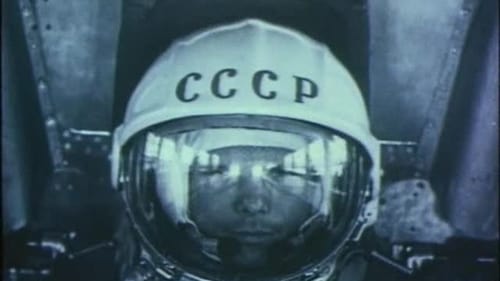
A man paves his own way to his own soul through an intellectual quest, tragedies of nations and personal drama. The road moving through the cosmic distances is a flight into one's internal world. This flight and this drama are revealed in this philosophical film-poem.

The 1950s were a time marked by an idealistic feeling. The atomic age, with its promise to save humanity, revolutionized the world, technologically, socially and politically. All these factors gave birth to one of the most prolific film genres in the history of cinema: science fiction, which delighted the audience. Only a few years later, these same spectators saw on their television screens how the Russians launched the Sputnik into space.

A film in the style of 1950's b-pictures:
"X: The Fiend from Beyond Space" and
"The Wall People"

A Soviet scientific expedition is being prepared as the world's first mission to planet Mars. Their space ship Homeland has been built at a space station, where the expedition awaits the command to start. An American ship Typhoon experiencing mechanical problems arrives at the same space station, secretly having the same plans for the conquest of the Red Planet. Trying to stay ahead of Soviets, they start without proper preparation, and soon are again in distress. The Homeland changes course to save the crew of Typhoon. They succeed, but find that their fuel reserves are now insufficient to get to Mars. So Homeland makes an emergency landing on an asteroid "Icarus" passing near Mars, on which they are stranded. After an attempt to send a fuel supply by unmanned rocket fails, another ship Meteor is sent with a cosmonaut on a possibly suicidal mission, to save the stranded cosmonauts.
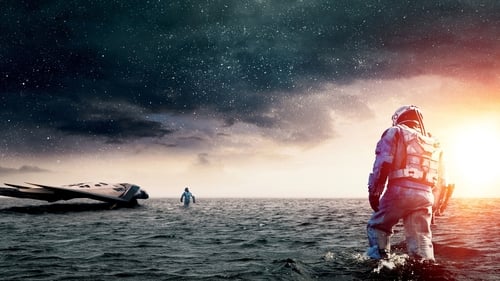
A look behind the lens of Christopher Nolan's space epic.

Nostalgic excerpts of fiction, fairytales and vintage science fiction from a child’s room to way out into the galaxy.

A documentary charting the rigors of the Russian space program, where the symbol of national pride would justify the most demanding training conditions.

A Soviet Armenian animation from the glasnost era about cosmonauts invading a serene planet where they pay a price for their cruel actions.

Moving from rural Russia to the city, Den faces a new reality.
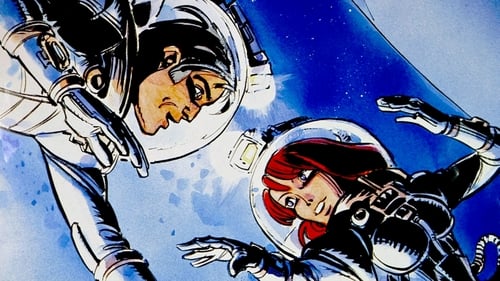
From 1957 —the year in which the Soviets put the Sputnik 1 satellite into orbit— to 1969 —when American astronaut Neil Armstrong walked on the surface of the moon—, the beginnings of the space conquest were depicted in popular culture: cinema, television, comics and literature of the time contain numerous references to an imagined future.

The captivating tales of the people and events behind one of humanity's greatest achievements in exploration: NASA's Voyager mission.















